Views: 0
Deputy Speaker Thomas Tayebwa asked the Ministry of Health to come up with a strategy on a countrywide spraying against mosquitoes so as to eliminate malaria in order to save lives and reduce on the high costs of treating malaria.
The Deputy Speaker of Parliament Rt. Thomas Tayebwa has asked the Ministry of Health to draft a strategy through which the government will embark on a countrywide spraying campaign to wipe out mosquitoes to boost fight against malaria.In the directive issued at the Parliament on Saturday, Mr Tayebwa tasked the Health Minister, Dr. Jane Ruth Aceng to ensure that her team delivers the strategy detailing the specific approach and amounts required within three months to inform Parliament’s debate on the matter.
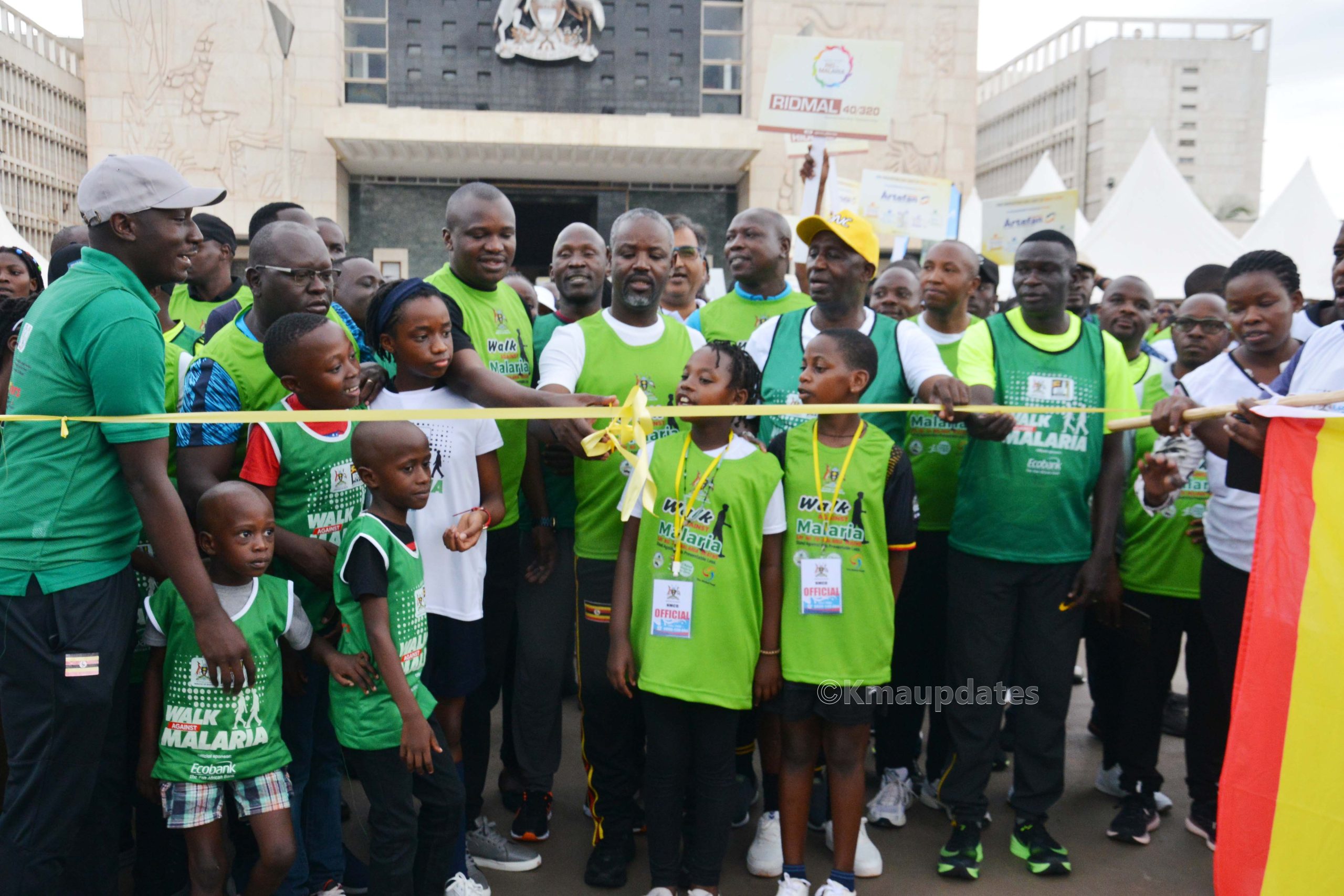

Photo by Ronald Kabuubi/KMA Updates
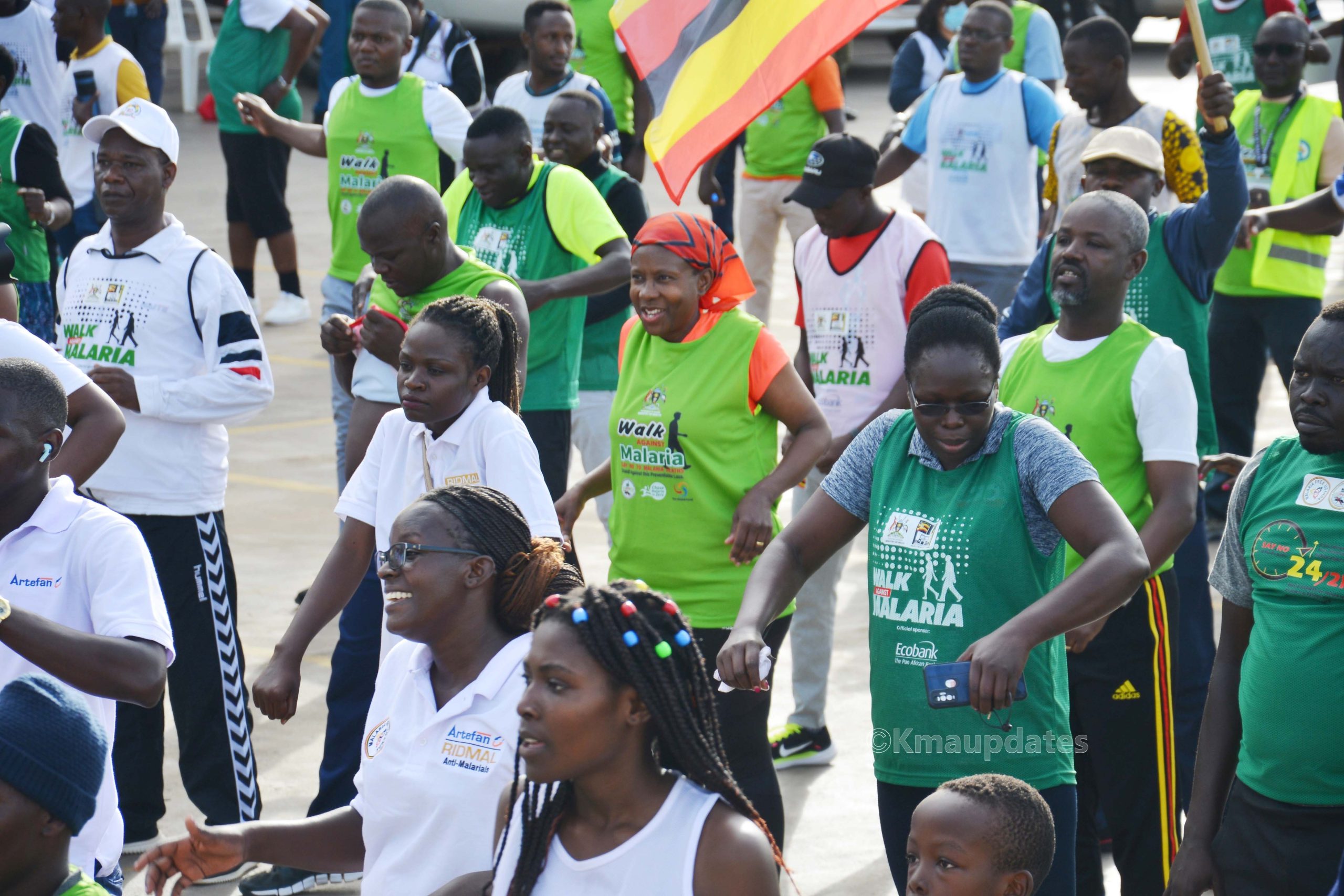
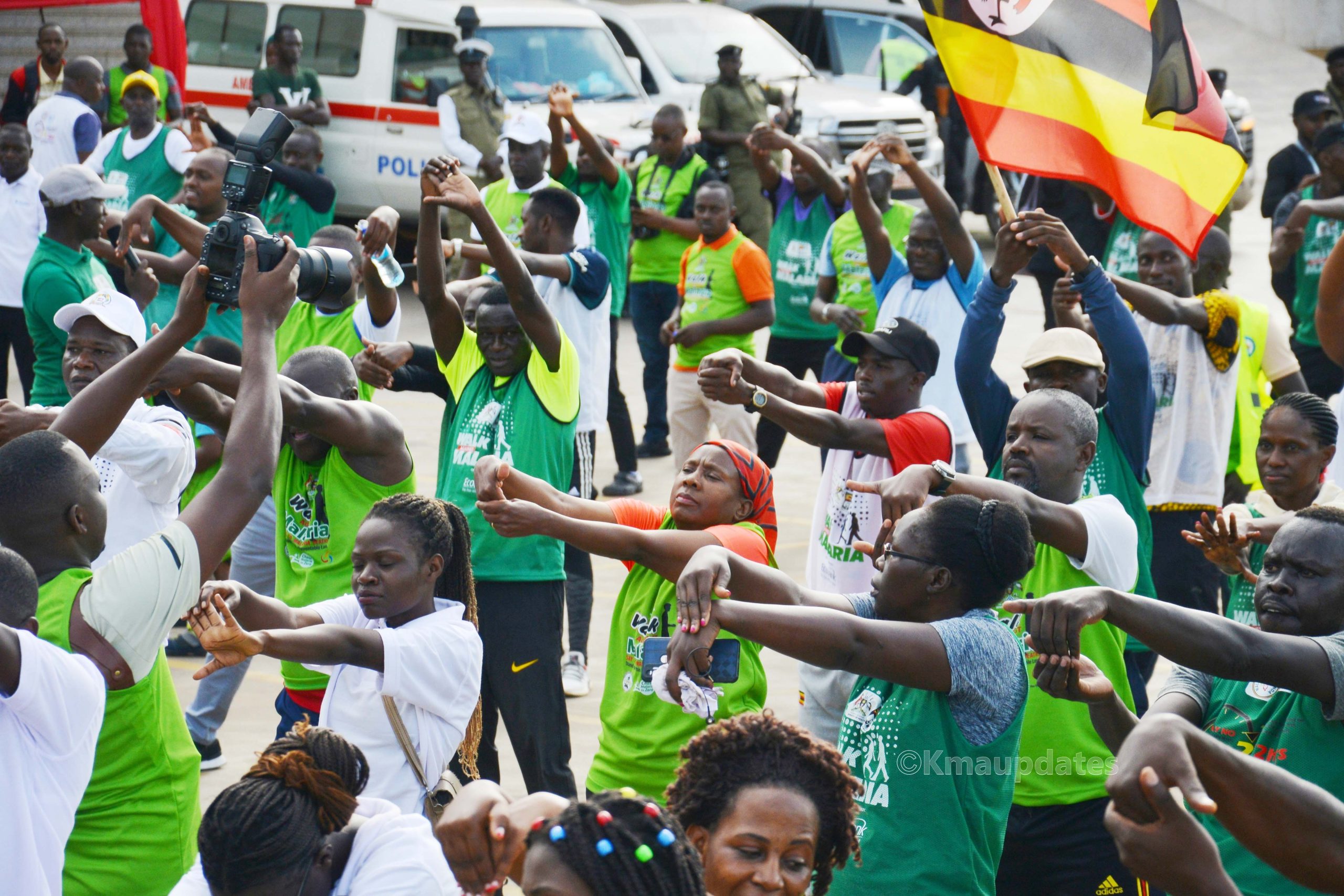

Photo by Ronald Kabuubi/KMA Updates

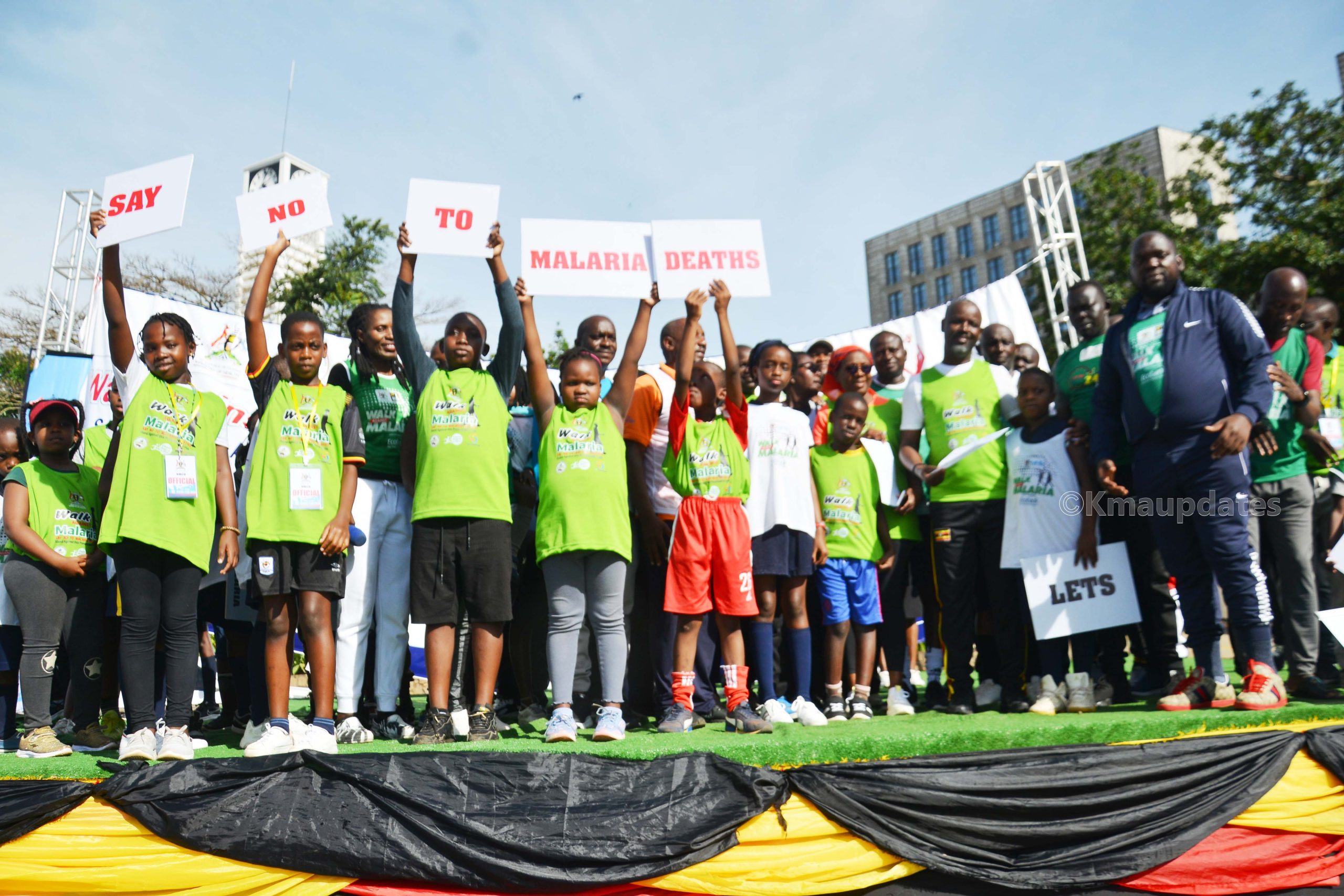
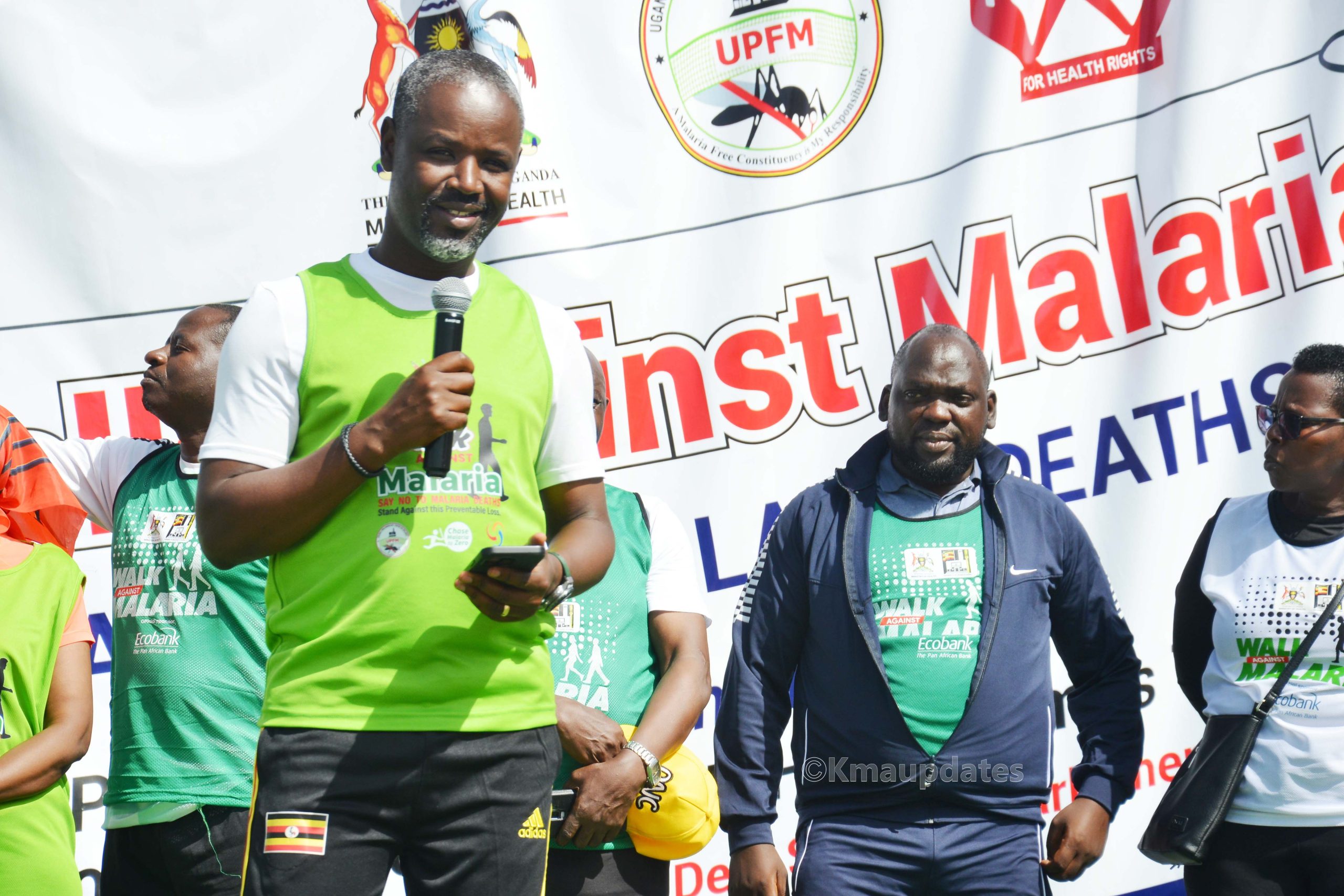
Photo by Ronald Kabuubi/KMA Updates
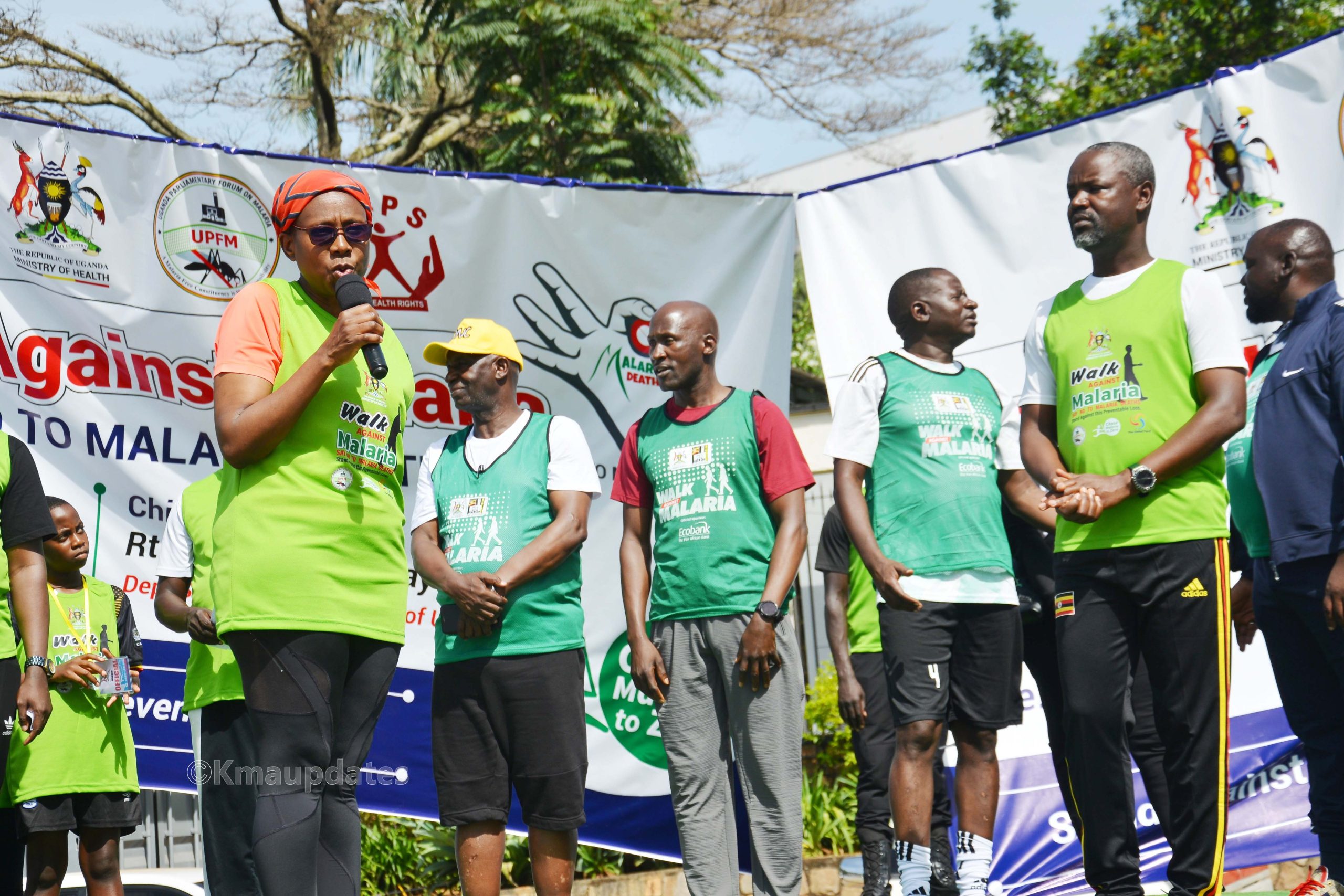
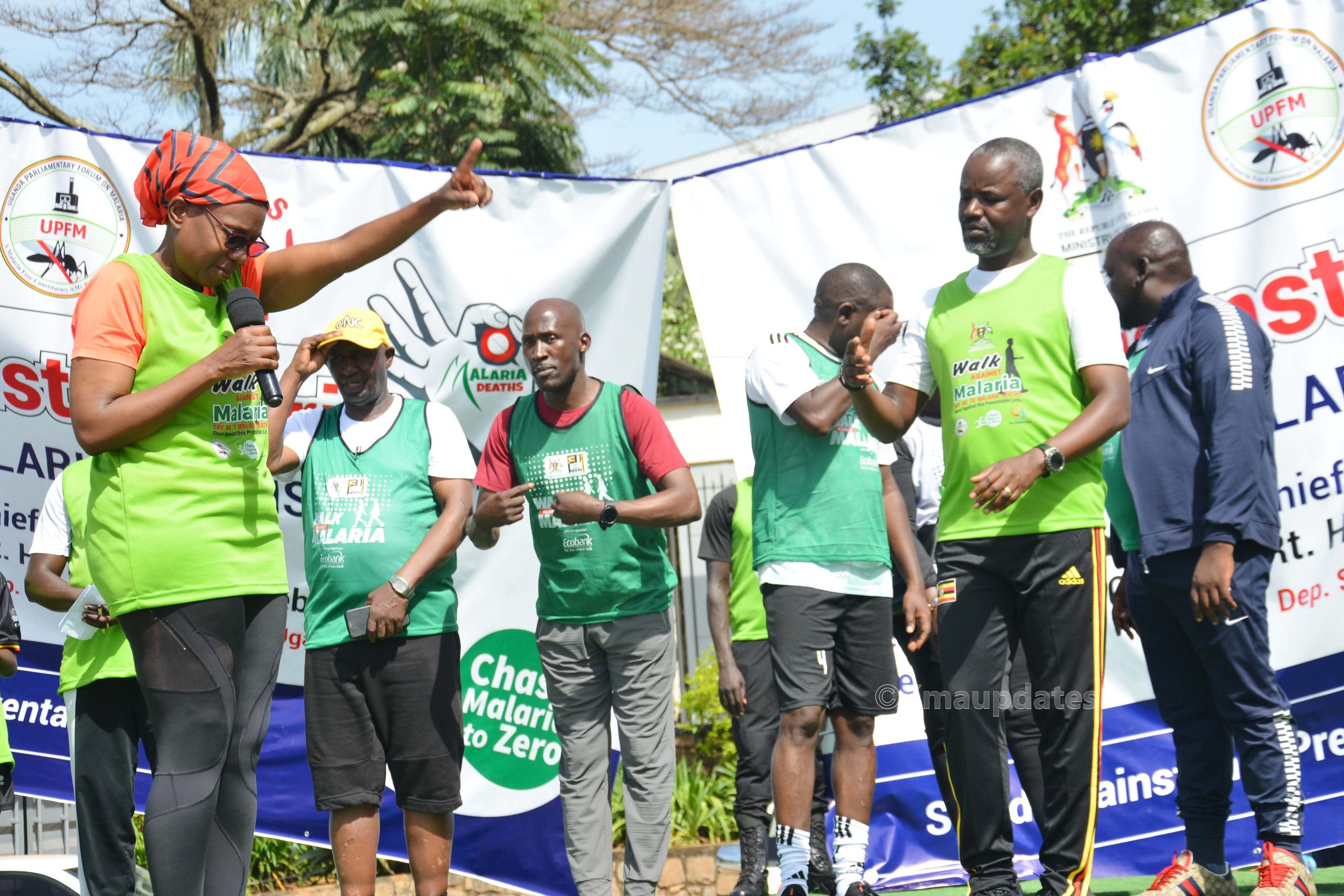
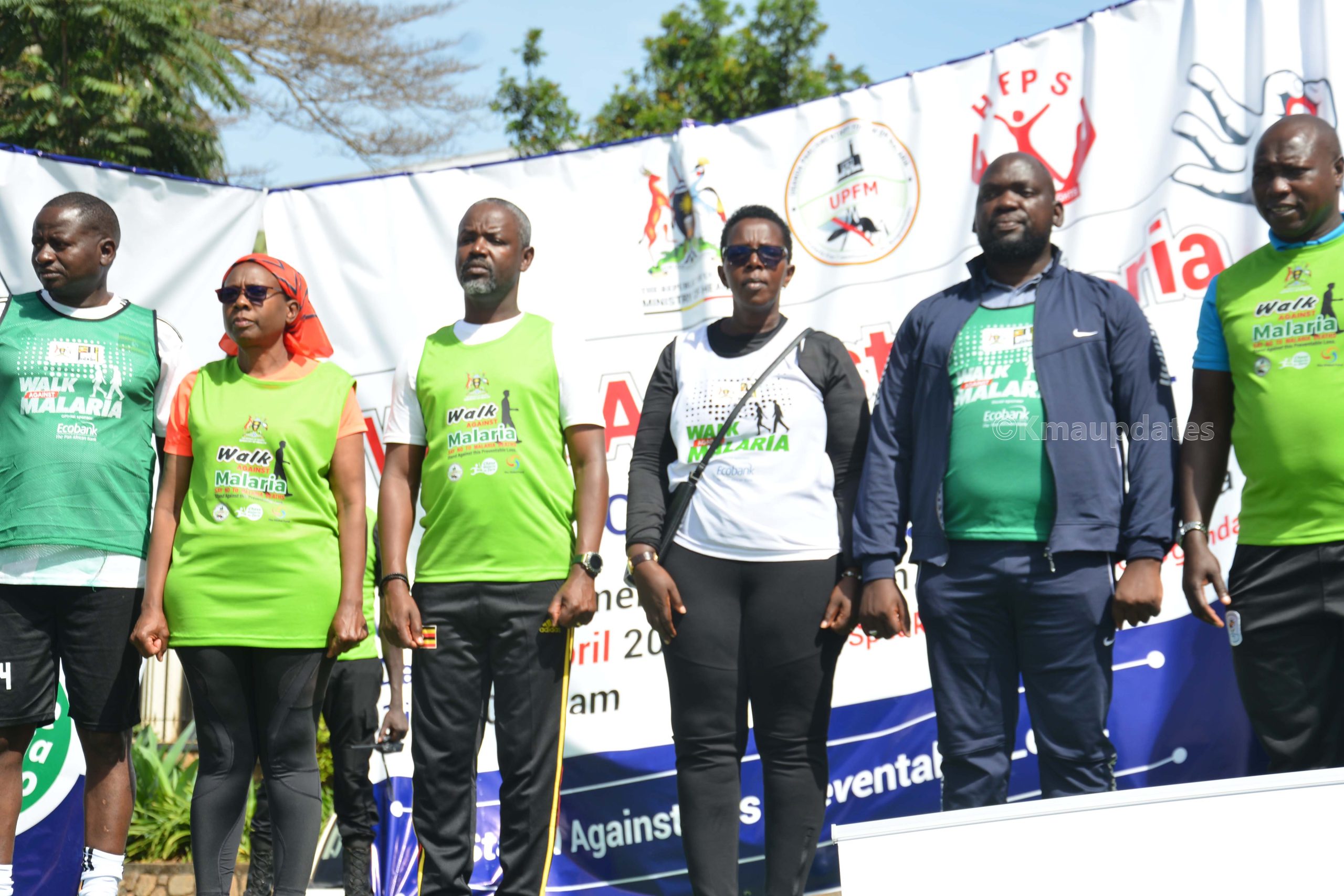
Photo by Ronald Kabuubi/KMA Updates

Speaking after taking the lead in the Parliament Walk against Malaria on Sunday, 23 April 2024, Tayebwa said Gov’t needs to find what it takes to Spray against Malaria.
Colleagues,this year, lets work with the executive and put a lot of focus on fighting Malaria.
We commit ourselves that were going allocate all the money needed in the budget to ensure that we fight Malaria.
If Kenya,Rwanda and others Sprayed and nothing happened, why don’t we do the same.
Lets make a commitment that indeed, who is blocking you?
Countries are accusing of exporting Malaria to them. Countries that have eliminated Malaria have sprayed..Let us make the decision as a Country that we Spray.
What our people want is eliminating Malaria.They do not know your negotiations with WHO.They do not even know them.We are going to push this on the flow if you think this is a better solution.
“I hope [that] in the next three months you can bring us a strategy that is costed and we put our foot on the ground to provide money to sort out that issue,” Mr Tayebwa said before decrying undefined funds government splashes on containment measures against malaria.The Indoor Residual Spraying (IRS) previously faced resistance from various regions of the country, but Mr Tayebwa is hopeful.The Shadow Minister for Health, Dr Timothy Batuwa undertook to mobilise his counterparts to, not only popularize the said strategy.”We are coming out as politicians first to mobilise the population for general acceptance for these interventions,” he said adding that “we are interested in a community Malaria control approach.”Dr Aceng promised to press her team to deliver the said strategy as tasked by the Deputy Speaker.“Re-planning requires that we identify a safe chemical that can be used so that we can carry out the spraying and bring down this burden of Malaria and we stop putting ourselves as number three in the race against donating Malaria,” Dr Aceng said.
“We are very much aware that funding for malaria is levelling off from all our partners. Recently, when they called a meeting from the 10+1 countries, which are the countries with the heaviest burden of malaria in the world, and Uganda is number 3 in donating, following Nigeria and Democratic Republic of Congo, we are number 3. In the conference, we all signed a commitment to end malaria in our own countries using our own domestic resources. It is for Uganda to mobilize its own domestic resources to end malaria,” added Dr. Aceng.
The Deputy Speaker also urged scientists to involve communities in making strategies to fight malaria, noting that failure to do so could explain why distributed mosquito nets are being used for unintended purposes. “My major focus is on the strategy to eliminate malaria; this treatment won’t work. The treatment is so costly, the money we are spending on treating malaria is so much, and yet we are losing very many young people, we are losing our pregnant mothers. The time they are spending on treatment, the strain they are putting on our health facilities. Why aren’t we spraying?” he asked.
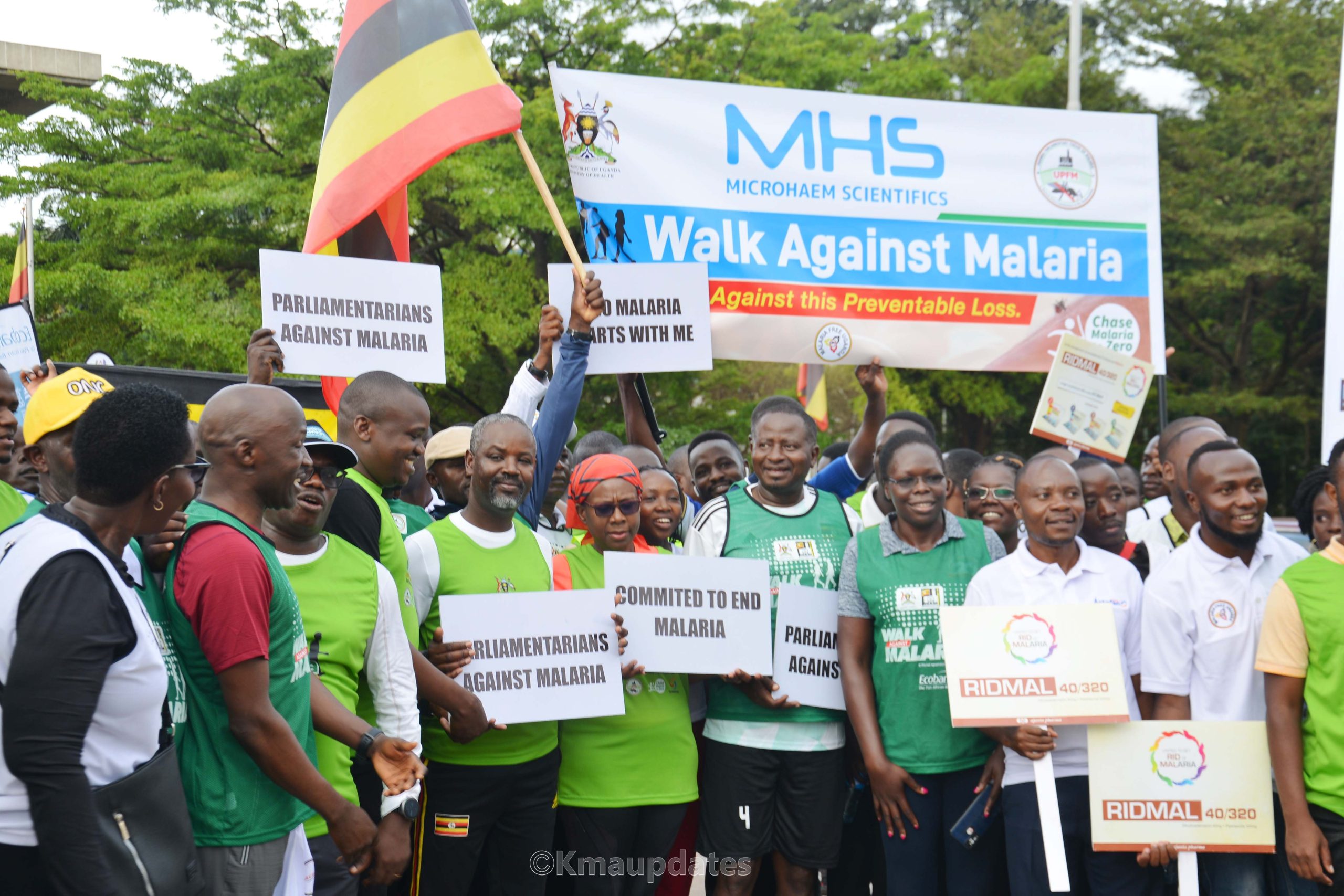
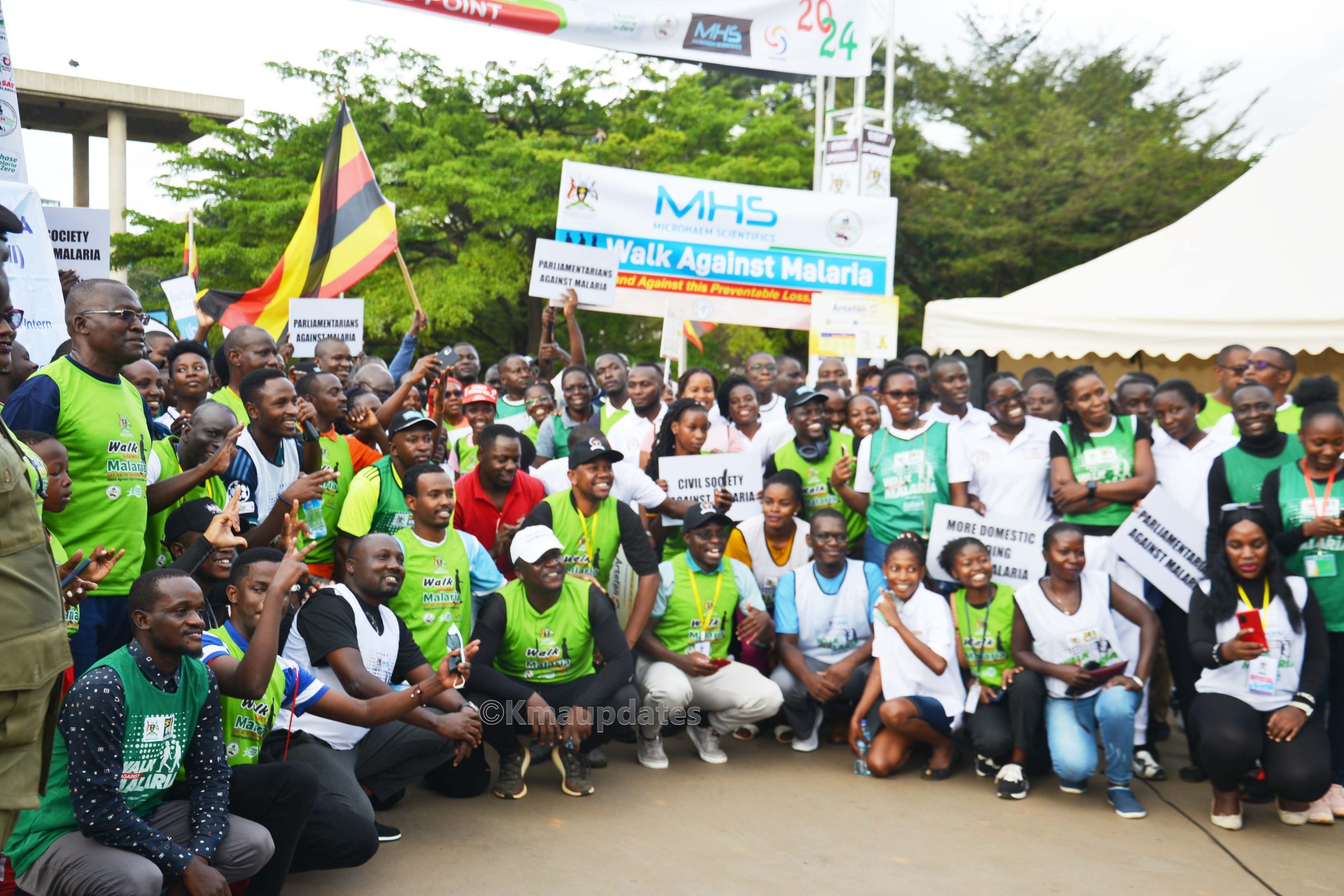

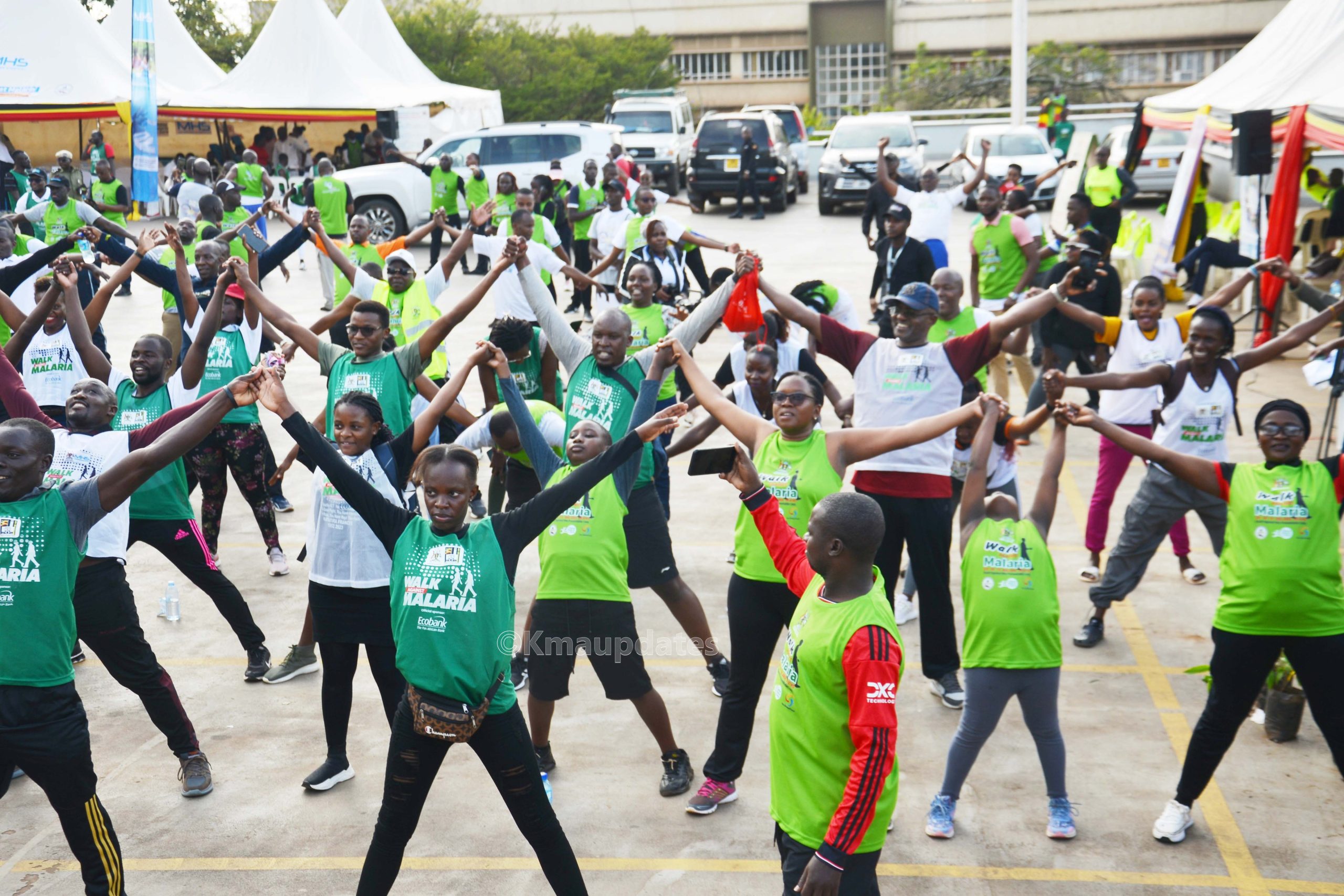

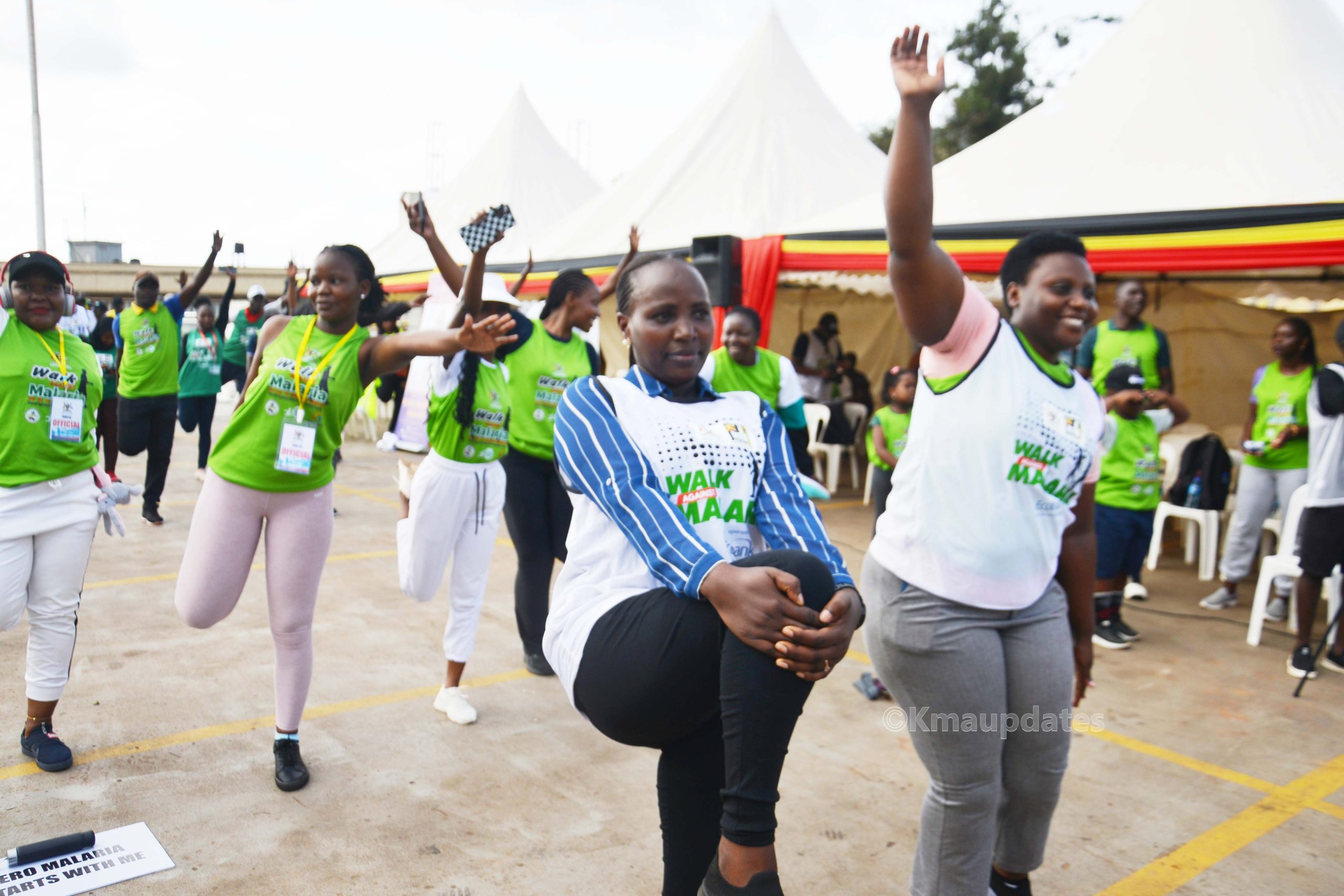



Photo by Ronald Kabuubi/KMA Updates
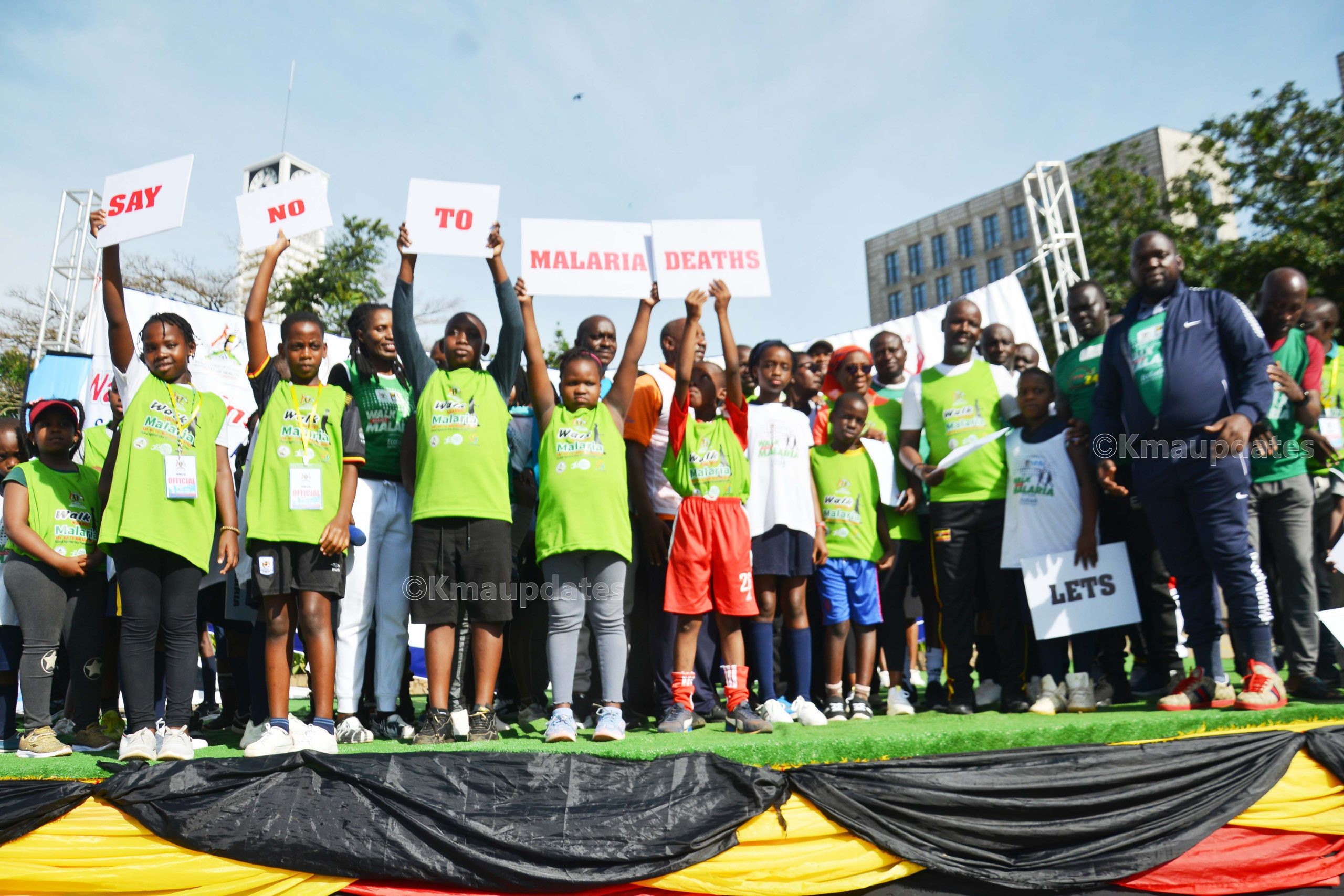
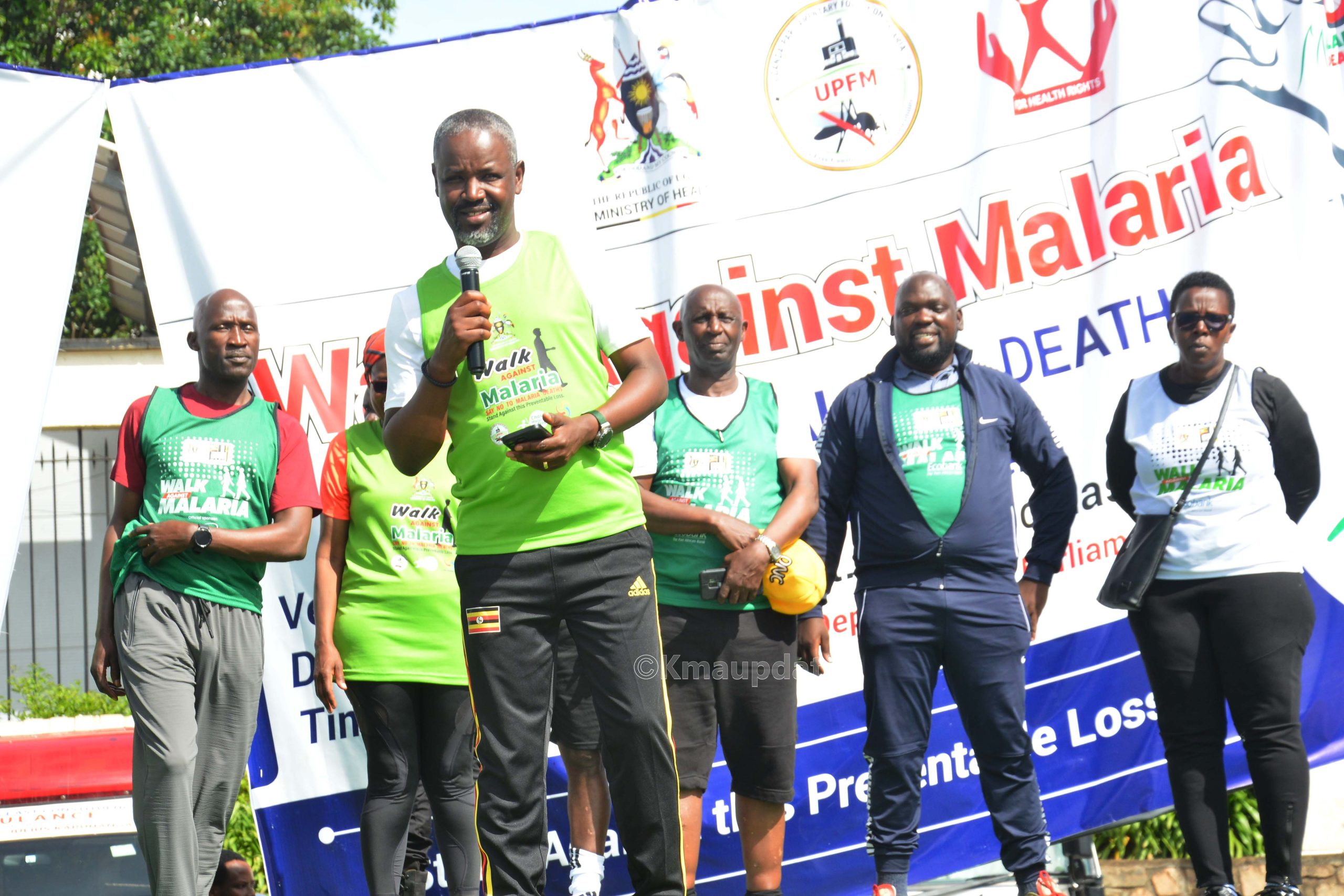
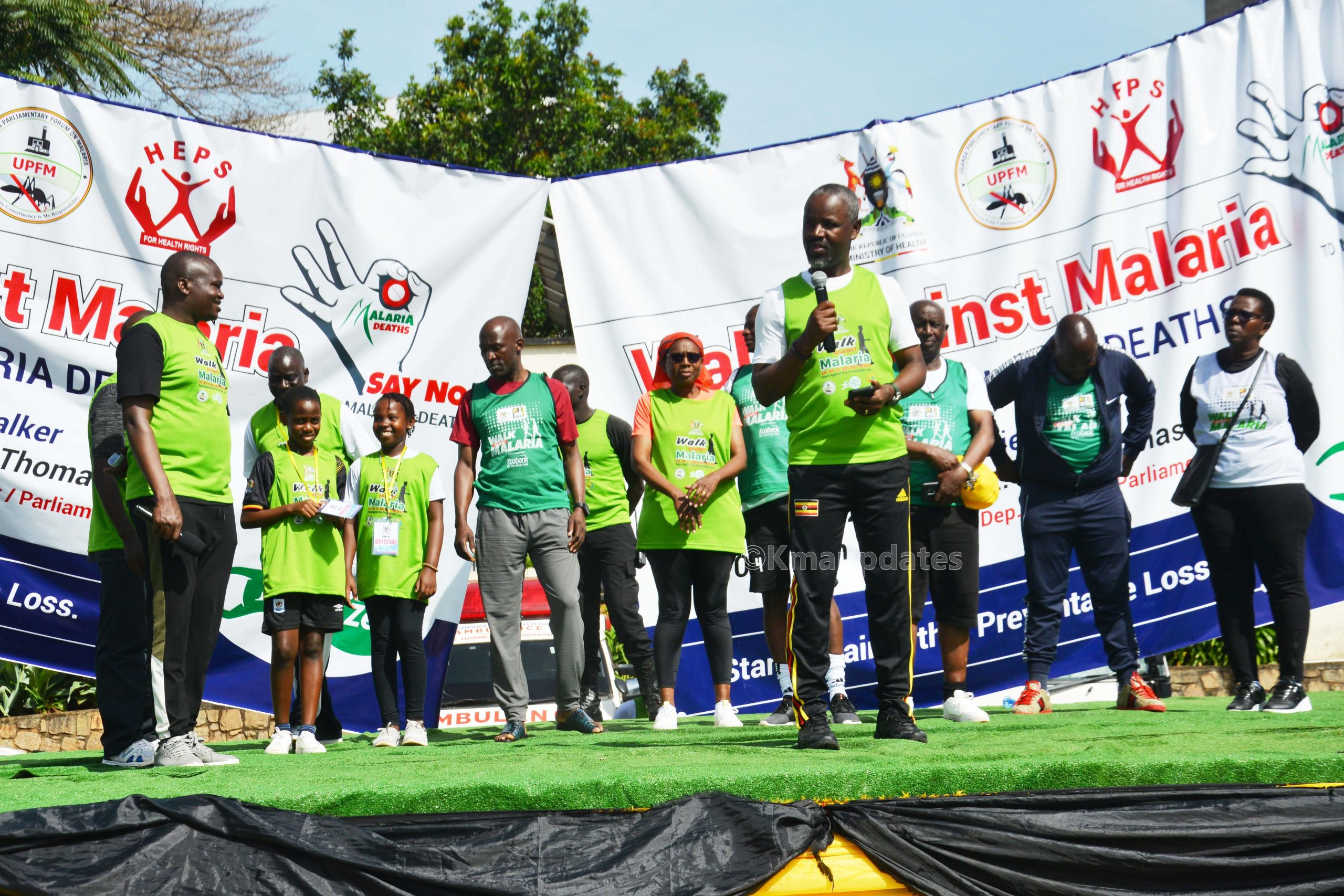
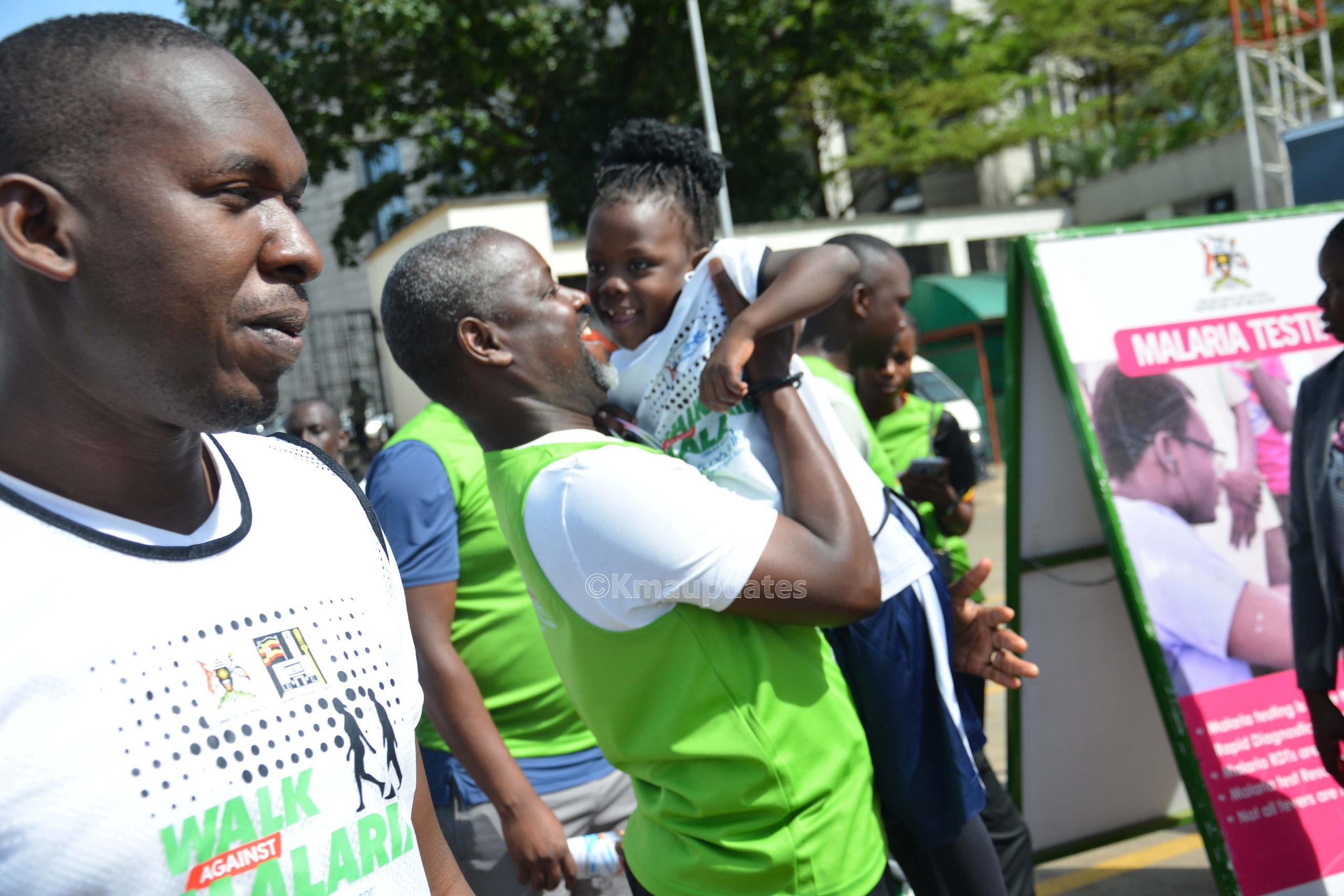
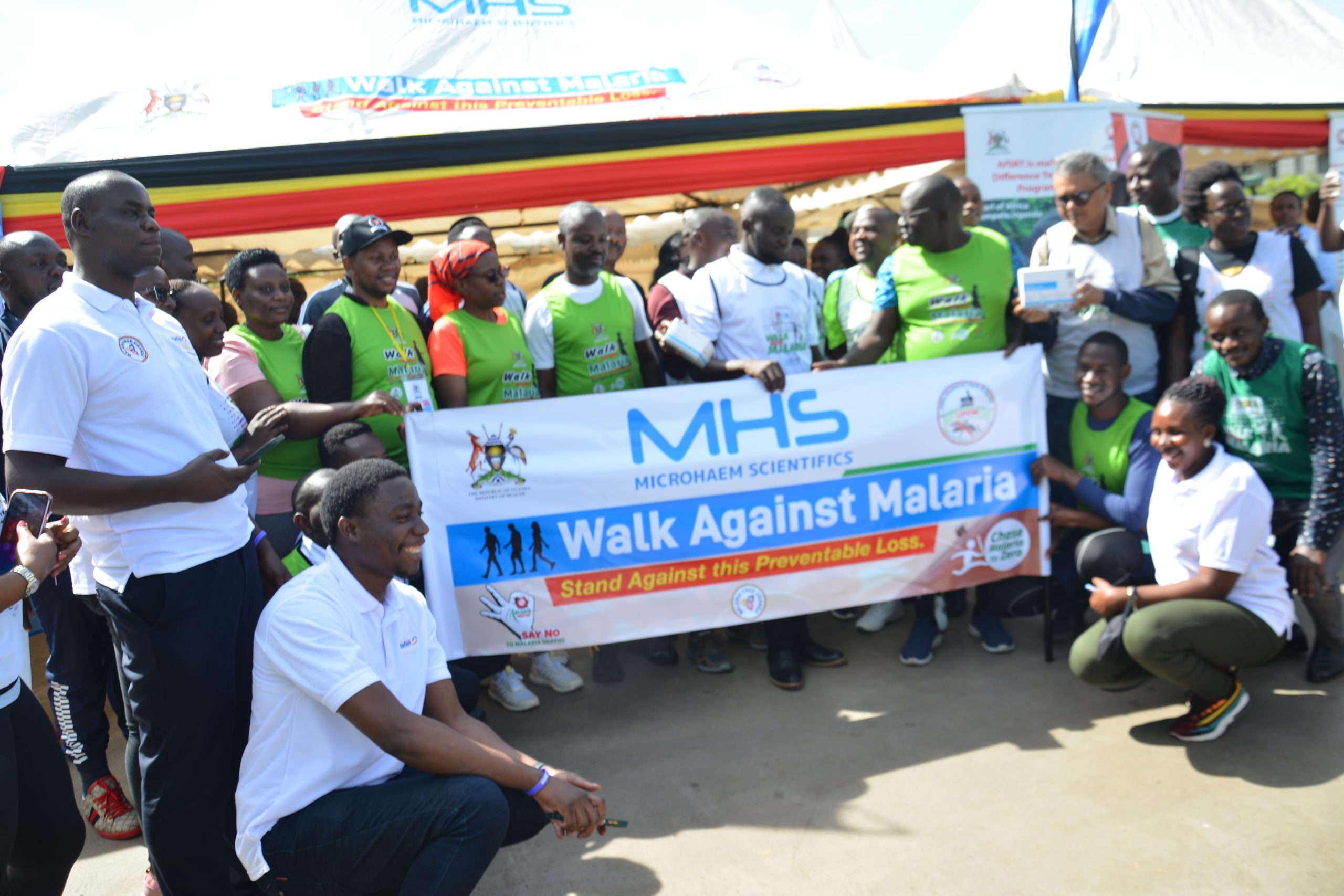
Photo by Ronald Kabuubi/KMA Updates
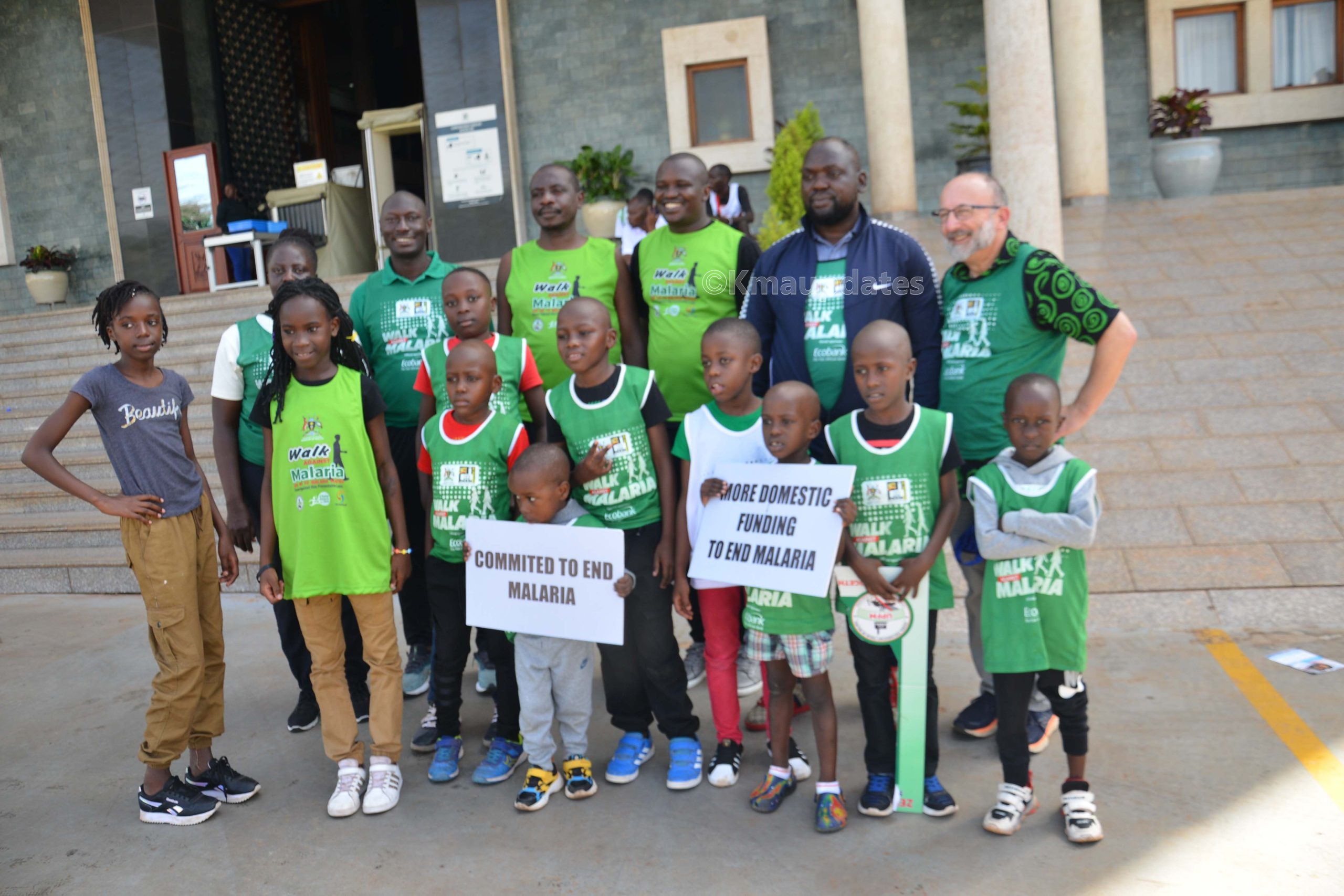
Tayebwa highlighted the need for community involvement, citing examples of mosquito nets being used for making ropes, squeezing juice, wedding gowns, fishing, and even looking after chicken. “We must engage with communities and make them part of the solution. We can’t win this fight alone,” he emphasized.
The Malaria Walk in Kampala served as a poignant reminder of the devastating impact of malaria on Ugandans. Tayebwa’s call to action and Dr. Aceng’s commitment offer hope for a malaria-free future, as Uganda takes charge of its health destiny.

